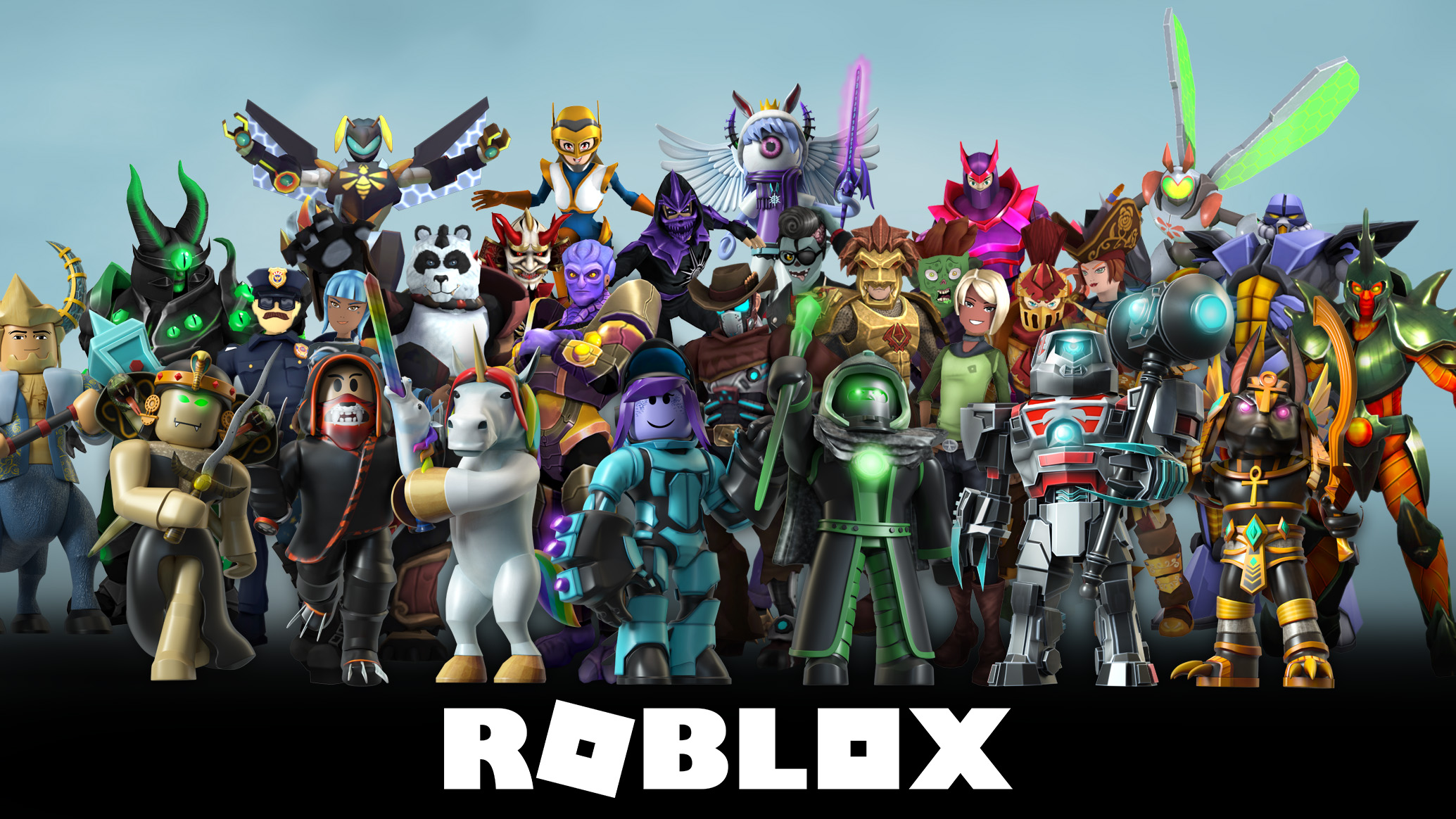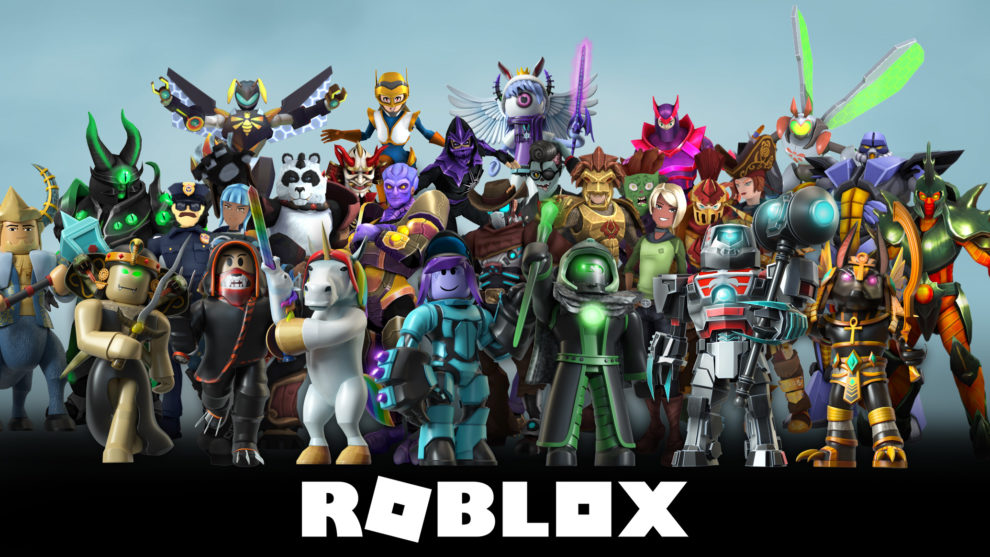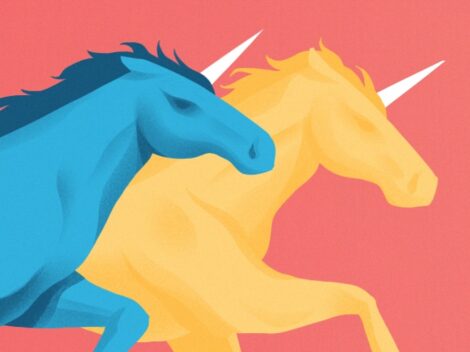Online game platform Roblox filed to go public on Thursday, revealing explosive revenue growth but increasing losses as the COVID-19 pandemic boosted its business.
Subscribe to the Crunchbase Daily
The San Mateo-based startup will follow Unity Technologies, another gaming company, in hitting the public markets this year. Unity, which makes video game software, went public in September. Its stock has since risen around 70 percent.
Before Roblox makes its public debut, let’s take a look at its funding history and valuation, and dive into its S-1 registration statement to go public.
What is Roblox?
Roblox is a platform where users can create their own games and play games made by others. It’s popular in the world of gaming, especially among younger users. In fact, Roblox said in its S-1 that 25 percent of its users are under the age of 9, and 29 percent are between the ages of 9 and 12.
The company recently made headlines for hosting its first virtual concert featuring a star born out of another app popular among kids and teens: Lil Nas X, who first found fame on video-sharing app TikTok.
Roblox was founded in 2004. The company says on its website that 37 billion hours have been played on its platform since 2008 and it logs about 3 billion total engagement hours each month. About $241 million have been paid to community developers on its platform, per the website.
The company has about 31.1 million daily active users, according to the S-1.
S-1 reveals rising revenue, losses
Roblox reported more than $488 million in revenue for the year that ended on Dec. 21, 2019, up 56 percent from around $312.8 million in revenue it generated during the same period in the year prior.
More recently, the company reported $588.7 million in revenue for the first nine months of 2020, up 68 percent from $349.9 million during the same period last year.
The COVID-19 pandemic has evidently boosted Roblox’s numbers, as people have stayed home and turned to streaming, gaming and other forms of home entertainment.
“We have experienced rapid growth in the three months ended June 30, 2020, September 30, 2020 and for a portion of the three months ended March 31, 2020, due in part to the COVID-19 pandemic given our users have been online more as a result of global COVID-19 shelter-in-place policies,” Roblox wrote.
Bookings increased 171 percent between the nine months ended Sept. 30, 2019 and the same period this year, the company said.
Still, the company does “not expect these activity levels to be sustained, and in future periods we expect growth rates for our revenue to decline, and we may not experience any growth in bookings or our user base during periods where we are comparing against COVID-19 impacted periods (i.e. the three months ended March 31, 2020, June 30, 2020, and September 30, 2020).”
That explosive growth appears to have caused losses to go up as well. Roblox’s consolidated net losses decreased from around $97.2 million in 2018 to around $86.1 million in 2019. But its consolidated net losses then grew again in the first nine months of 2020, from $46.3 million in the same period the year prior to $205.9 million.
So it looks like while Roblox was getting its losses under control pre-COVID, those losses accelerated with the pandemic: Losses from operations increased more than 344 percent between the first nine months of last year and the same period in 2020.
Funding history
Roblox first raised money in January 2005, with a $560,000 Series A. It raised funding steadily in the following years, landing a $1.1 million Series B in August 2006, a $2.9 million Series C in January 2008, a $2.2 million Series D in July 2009, and another $4 million in May 2011, according to Crunchbase data.
Roblox then didn’t raise money for several years, picking back up with a $25 million Series E in January 2017 led by Index Ventures and Meritech Capital Partners. The company didn’t start raising supergiant rounds (what we refer to as rounds larger than $100 million) until July 2018, with its $150 million Series F led by Greylock Partners and Tiger Global Management.
Most recently, the company raised a $150 million Series G led by Andreessen Horowitz in February. The Series G brought Roblox’s valuation to more $4 billion, per Crunchbase data.

Among the largest shareholders of Roblox are Altos Ventures, First Round Capital, Index Ventures, Meritech Capital Partners and Tiger Global Management, according to the S-1.
IPO pipeline
Analysts and venture capitalists who spoke with Crunchbase News earlier this month said they expect to see a robust lineup of venture-backed companies going public in the final two months of 2020 and into early 2021. DoorDash last week filed to go public. Airbnb and Affirm followed suit earlier this week. Poshmark is also expected to file soon and Wish could drop its S-1 before the weekend.
Image courtesy of Roblox

Stay up to date with recent funding rounds, acquisitions, and more with the Crunchbase Daily.




![Illustration showing AI agents, depicted by robots, performing digital tasks. [Dom Guzman]](https://news.crunchbase.com/wp-content/uploads/Quarterly-agenticAI-asia-470x352.jpg)
![Illustration showing AI agents, depicted by robots, performing digital tasks. [Dom Guzman]](https://news.crunchbase.com/wp-content/uploads/Quarterly-agenticAI-europe-470x352.jpg)

![Illustration of a guy watering plants with a blocked hose - Global [Dom Guzman]](https://news.crunchbase.com/wp-content/uploads/quarterly-global-3-300x168.jpg)
67.1K Followers